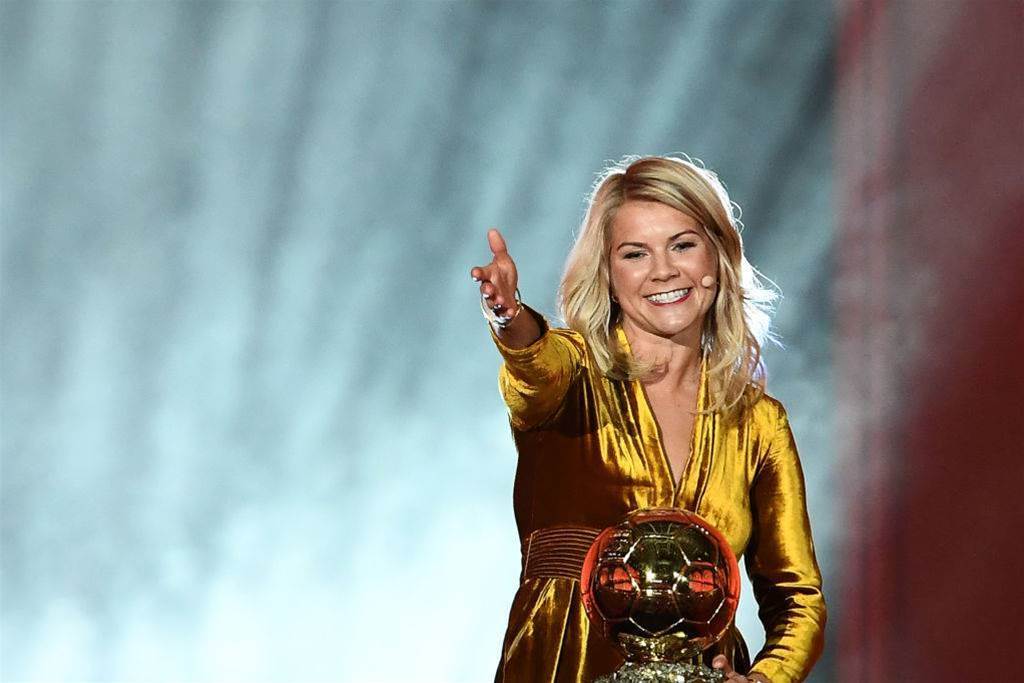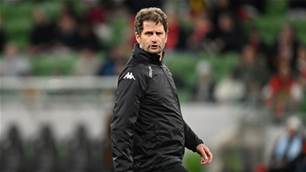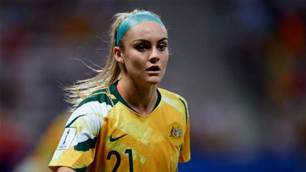There are professional footballers and then there are professional women’s footballers.
The modern sporting era has been defined by a distinct gendered divide, particularly evident in football.
The professional male footballer is treated as a completely different entity to the professional female footballer and this gendered division has had a detrimental effect on women's football for far too long.
Women’s football has been criminally underfunded comparative to the men’s game for far too long, and the powerbrokers of the world game have done comparatively very little to rectify this situation, for far too long.
This is not another article drawing attention to the statistical anomaly that is the discrepancy in value between male and female footballers. The entire debate can be summarised with one simple statement.
In 2018, Neymar JR was paid an annual wage worth more than the combined annual wage of every woman’s professional footballer on the planet.
The discourse has remained stagnant, focused exclusively on why things are the way they are and who is at fault, but this article is looking to focus, instead, on HOW.
How do we fix it?
How do we create an environment where prospective female footballers are treated like professional athletes and not second-class citizens?
How do we increase the value of female athletes and the leagues they compete in? How do we invite more investment and secure more sponsorship? How do we increase engagement and participation in women’s sport?
Firstly, we should acknowledge the positives;
- Norway and Australia have committed to paying their athletes equally, no matter the gender.
- France, Spain and England pay an average liveable wage to all of their athletes.
- In 2018, the prestigious Ballon D’or was awarded to athletes of both genders for the first time.
This is because the first step, according to the first Ballon D’or feminine winner Ada Hederberg, is respect.
If we are to create an environment where women athletes can train and compete professionally then we need respect. If we are to create an environment where little girls can see their heroes thriving, in person and through the media, then we need respect.
If we are to create an environment where female athletes can pursue their dreams without having to also pursue a separate financial means of living, then we need respect.

Ada said:
"I was very fortunate to sign with Olympique Lyonnais, which is the model for this level of respect. At Lyon, the men’s and the women’s teams are treated as equals. We need more people in the game with the vision of Jean-Michel Aulas, who knows that investing in the women’s game is a win-win for the club and the city and the players.
"The male players are treated as our colleagues. It’s that simple. Isn’t that the way it should be everywhere? Every female player deserves the same opportunity to develop. There’s so much talent out there all over the world that deserves a chance to shine.”
It seems simple, almost insultingly so, but this level of respect is not apparent in most professional//semi-professional clubs around the world.
Without that respect from the executive branch of the prestigious professional clubs, it will not trickle into the national associations, the national teams, the semi-professional clubs and the community clubs.
Most distressingly, if women aren’t treated like professionals by those that employ them, how can prospective players ever consider themselves professionals?
Related Articles

'Timing not right': Montemurro's verdict on Matildas vacancy

Matildas: 'Fourth at the Olympics is honestly the worst place you could come'
.jpg&h=172&w=306&c=1&s=1)












